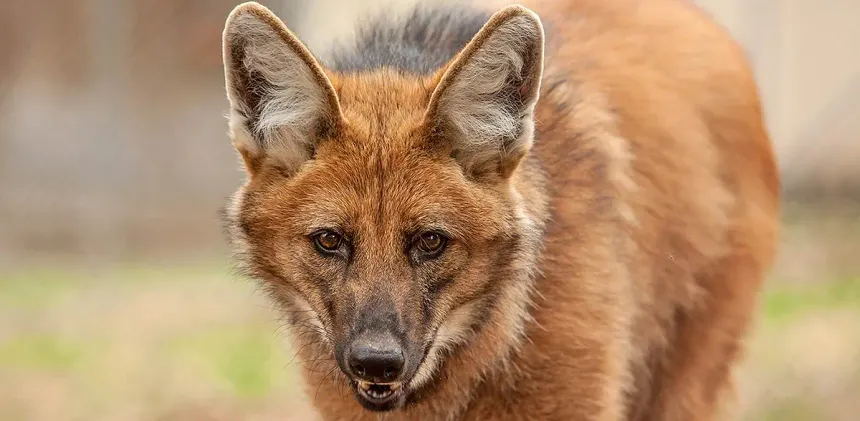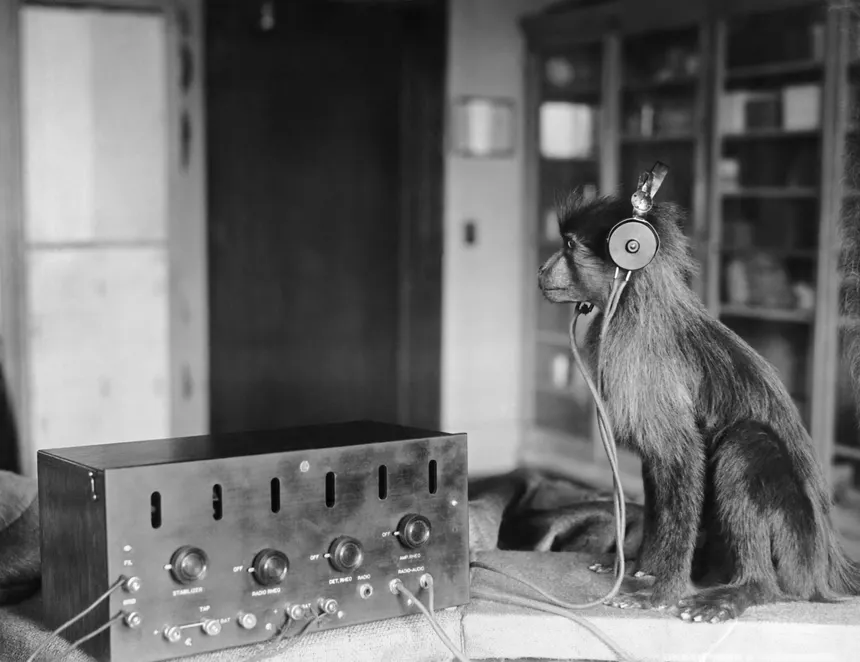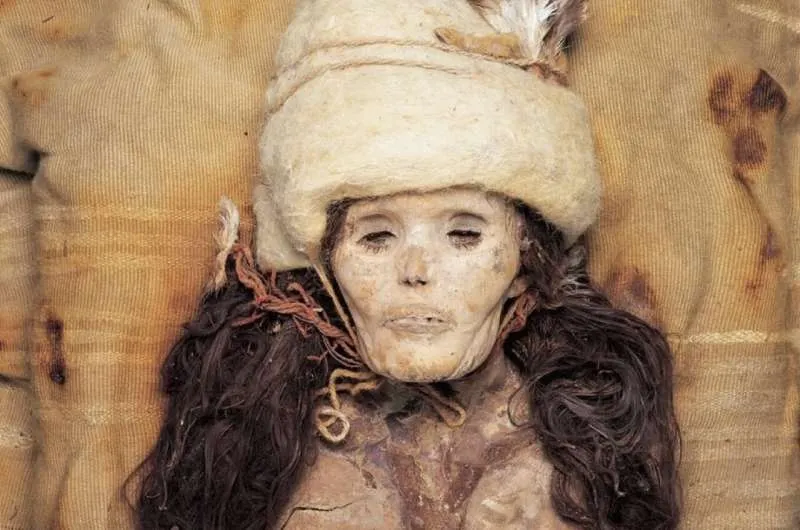Africa’s Paradox: Abundant Resources, Enduring Poverty
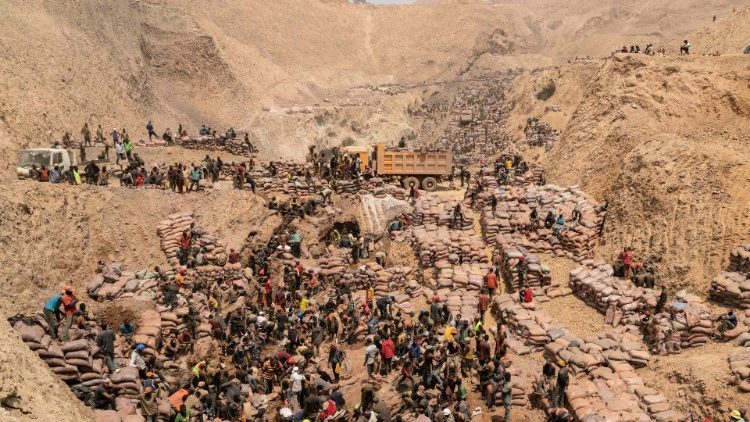
Africa is a continent rich in natural wealth—boasting vast reserves of gold, diamonds, oil, copper, cobalt, uranium, and fertile agricultural land. Despite this abundance, many African countries remain among the poorest in the world. This puzzling contrast between great resource wealth and persistent poverty is often referred to as the “resource curse” or paradox of plenty.
This article explores the historical, economic, political, and social dimensions of this complex issue, tracing how colonialism, corruption, global exploitation, and weak governance have contributed to Africa’s continuing struggle.
1. A Continent Rich in Resources
Africa is home to:
- 30% of the world’s mineral reserves
- 12% of the world’s oil
- 40% of global gold reserves
- The largest reserves of cobalt and platinum
- Fertile land suitable for diverse agriculture
- Massive potential for solar, hydro, and wind energy
Countries like Nigeria, Angola, South Africa, the Democratic Republic of Congo (DRC), and Ghana are major exporters of oil, diamonds, copper, and rare earth minerals.
2. Colonial Legacy: The Roots of Exploitation
The foundations of Africa’s resource paradox lie in its colonial history. During the 19th and early 20th centuries, European powers carved up the continent in the Scramble for Africa, focusing on resource extraction to feed their own industrial growth.
Key characteristics of colonial extraction:
- Economies built around raw material exports, not local development
- Infrastructure designed to extract and export—not to connect communities
- Indigenous political structures dismantled, replaced with centralized, European-style governments focused on serving foreign interests
This left African countries with fragile state institutions and economies heavily dependent on resource exports at independence in the mid-20th century.
3. Independence and the Rise of the Resource Curse
Following independence in the 1950s–1970s, many African nations gained political freedom but inherited economic systems dependent on a few raw materials and vulnerable to global price shocks.
The “resource curse” refers to how countries rich in natural resources often experience:
- Economic volatility due to fluctuating commodity prices
- Over-reliance on exports of unprocessed materials
- Neglect of agriculture and manufacturing sectors
- Corruption and rent-seeking behavior as elites vie for control of resource revenues
- Conflict and civil war, particularly in regions like the DRC, Sudan, Sierra Leone, and Angola
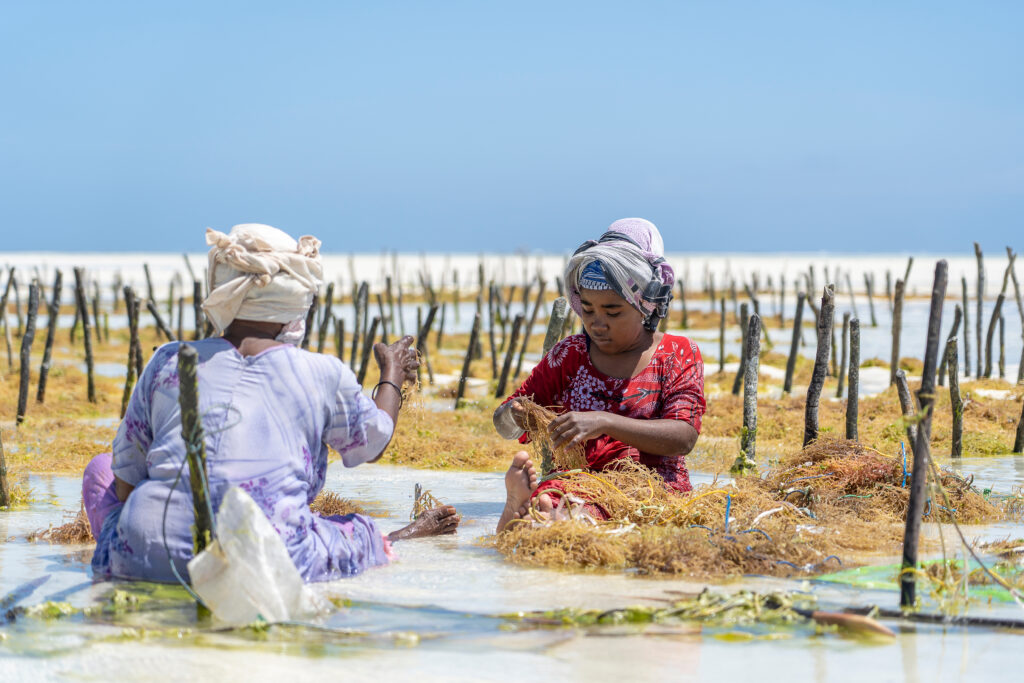
4. Conflict Over Resources
Many African civil wars and rebellions have revolved around control of valuable resources:
- Blood diamonds in Sierra Leone and Liberia
- Oil-fueled conflict in Nigeria’s Niger Delta
- Coltan and cobalt conflict in eastern Congo (essential for smartphones and batteries)
In these cases, natural wealth has not led to national development, but rather to prolonged instability, mass displacement, and environmental destruction.
5. The Role of Corruption and Poor Governance
In many resource-rich African countries, resource revenues have been mismanaged or embezzled. Weak institutional checks and lack of transparency allow:
- National wealth to be siphoned off by elites
- Foreign corporations to exploit resources without fair compensation or environmental protection
- Public services to remain underfunded despite high national income
The result is often a stark contrast between rich elites and poor majorities living without adequate healthcare, education, or infrastructure.
6. Foreign Exploitation and Neocolonialism
Today, multinational corporations and foreign governments continue to play a significant role in resource extraction:
- China, the United States, Europe, and Russia have major investments in African mining and oil sectors.
- Deals often lack transparency and provide little benefit to local populations.
- African countries often lack the bargaining power or legal framework to ensure equitable contracts.
In effect, much of the continent’s wealth still flows outward, rather than fueling local development.
7. Environmental and Social Costs
Resource extraction often leaves devastating legacies:
- Oil spills in Nigeria’s Niger Delta have destroyed ecosystems and livelihoods.
- Mining in the DRC has led to deforestation, toxic waste, and child labor.
- Water and air pollution near resource extraction sites increase public health crises.
Communities often bear the environmental costs without seeing the benefits of resource wealth.
8. Moving Forward: Strategies for Sustainable Wealth
Despite the challenges, there are paths toward change:
- Diversification: Developing agriculture, manufacturing, tourism, and tech sectors to reduce dependency on raw exports.
- Transparency Initiatives: Programs like the Extractive Industries Transparency Initiative (EITI) promote public accountability for resource revenues.
- Investing in Human Capital: Using revenues to build strong education, healthcare, and infrastructure systems.
- Resource Governance Reform: Strengthening laws and institutions to ensure contracts are fair and revenues are used for public good.
- Regional Cooperation: African nations working together (e.g., African Continental Free Trade Area) to gain stronger negotiation power and shared growth.
Some success stories, such as Botswana’s diamond management or Ghana’s oil transparency efforts, offer models for others to follow.
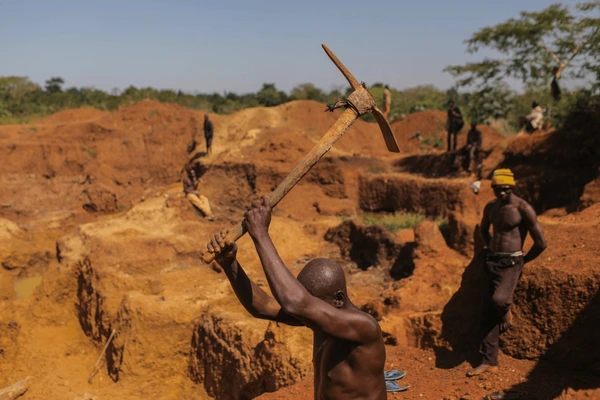
Conclusion: Can Africa Break the Paradox?
Africa’s natural wealth holds immense potential, but unlocking it requires fairer systems, stronger institutions, and a people-centered approach to development. The path from resource riches to prosperity is not automatic—but with vision, accountability, and collaboration, the paradox can be broken, turning the continent’s wealth into widespread well-being.



